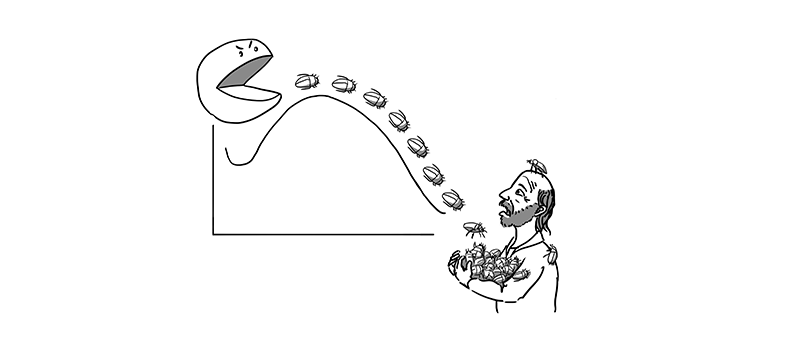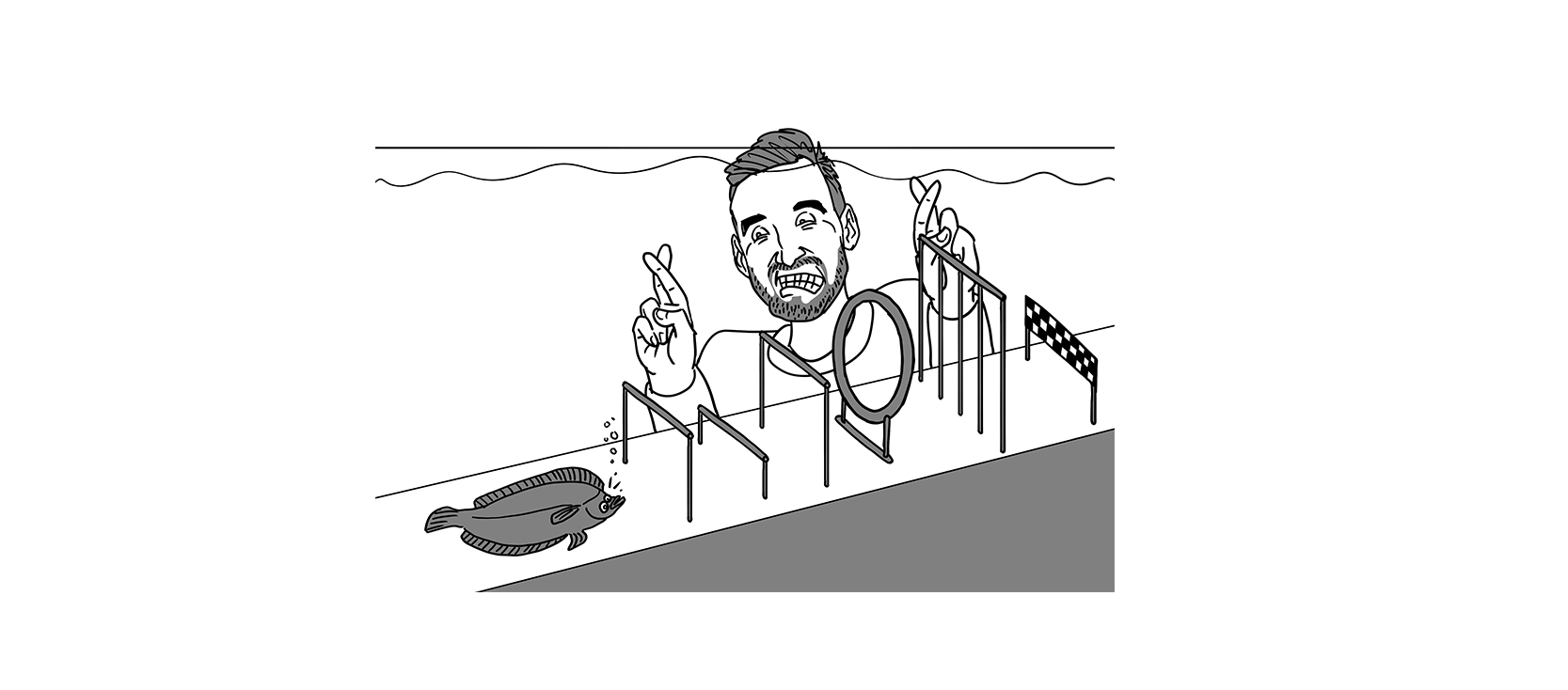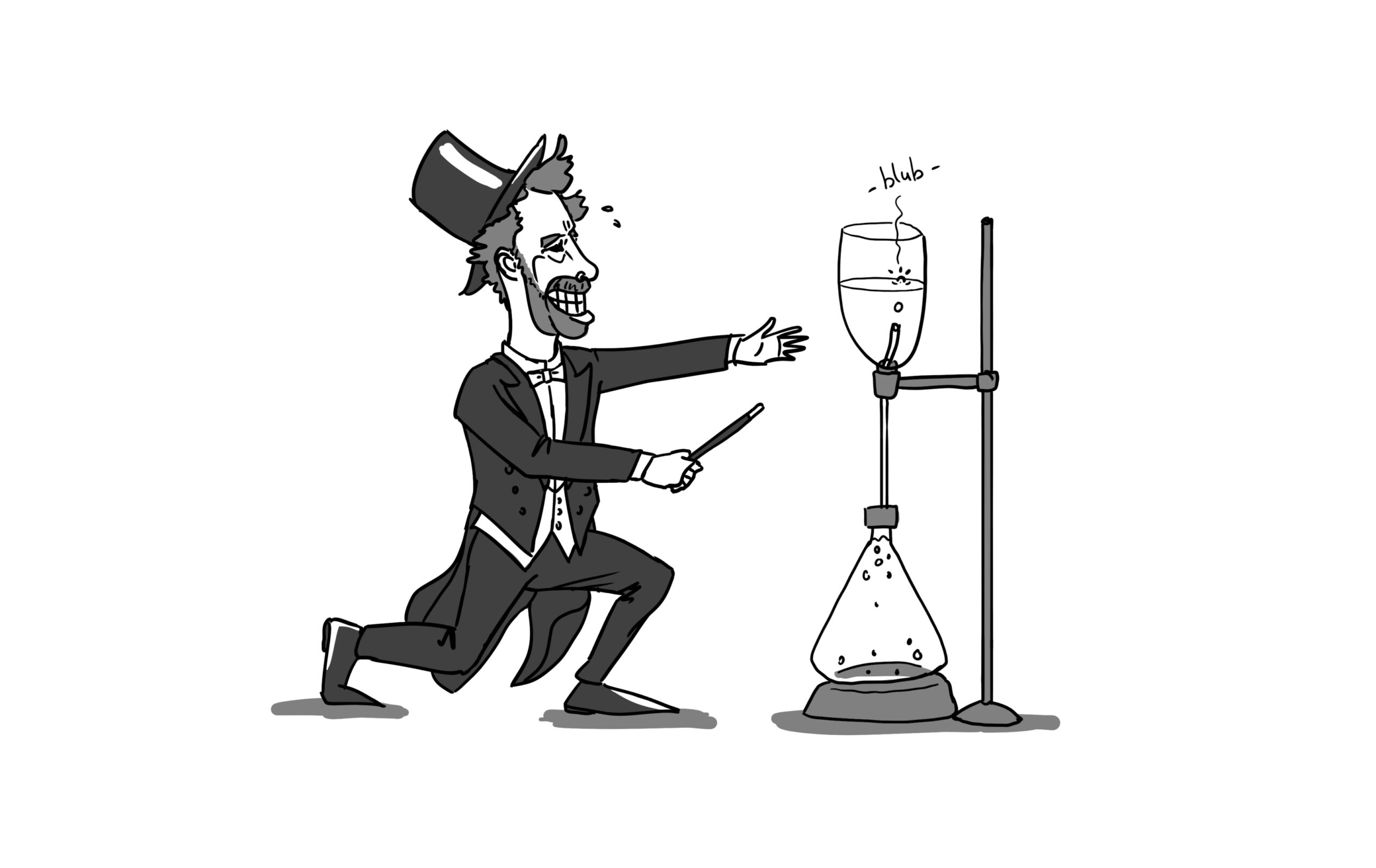A failed experiment, a rejected article: such things are soon labelled as failures in academia. As for talking about it – not done! But that is just what WUR scientists do in this column. Because failure has its uses. This time we hear from Marten Scheffer, professor of Aquatic Ecology & Water Quality.
‘I wrote two articles when I was a student. The first was accepted without much difficulty, but my second was rejected out of hand. It was about the population dynamics of beetles and its dependence on density. A fellow student and I thought you must be able to describe the dynamics with a simple curve. But that bold idea put the reviewers’ backs up. We got grumpy reviews to the effect that ‘if it was that simple, we would have hit upon it too’.
I didn’t think they were right, but there was no arguing with them, I thought at the time. It felt unfair, like I was a junior encroaching on the territory of a big angry alpha male.
The trick is to be thick-skinned
We didn’t resubmit the article. I still regret that. There was nothing wrong with our idea, and we may have been ahead of our time. I shelved it and moved on. By now I have a list of dozens of ideas waiting for the right time to come.
I recently realized that our idea was very similar to an approach we published about in Science a few years ago. That makes me curious, and I do want to take another look at it. It would be nice if we could still publish it 40 years later – the ultimate revenge on the reviewers.
When you have an original idea in science, you soon come in for criticism. The trick is to be thick-skinned so the criticism is like water off a duck’s back. To some extent that’s a character trait. Science today is so harsh that it filters out hesitant people. That is a flaw in the system because the nuances that doubters contribute are precisely what is needed. In our group, we try to achieve diversity by hiring researchers with different personalities.’

 Illustration Stijn Schreven
Illustration Stijn Schreven 

